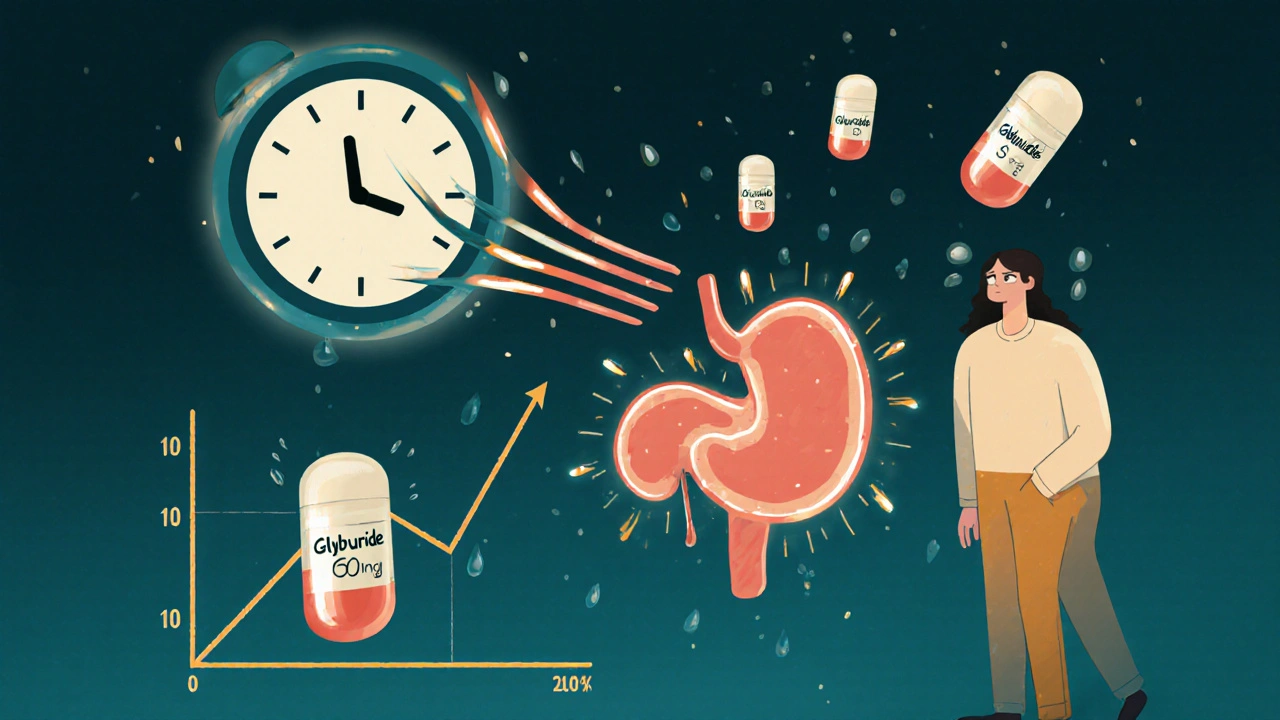When your low blood sugar, a condition where glucose levels in the blood drop below normal, typically under 70 mg/dL. Also known as hypoglycemia, it can happen to anyone—not just people with diabetes. It’s not a minor inconvenience. Left untreated, it can lead to seizures, loss of consciousness, or worse. Your brain runs on glucose. When that supply dips too low, your body screams for help: your heart races, you sweat, your hands shake, and you might feel dizzy or confused. It’s not "just being hungry." It’s a physiological emergency.
People with diabetes, a chronic condition where the body struggles to regulate blood sugar are most at risk, especially those on insulin or certain oral meds like sulfonylureas. But insulin, a hormone that moves glucose from the blood into cells for energy isn’t the only culprit. Skipping meals, drinking alcohol on an empty stomach, intense exercise without fuel, or even certain hormonal imbalances can trigger it. Even people without diabetes can get low blood sugar—especially after gastric surgery or with rare enzyme disorders.
You don’t need to wait for symptoms to get bad. If you feel shaky, irritable, or suddenly tired, check your blood sugar if you can. Eat 15 grams of fast-acting carbs—glucose tablets, juice, or even regular soda. Wait 15 minutes. Check again. Repeat if needed. Then eat a snack with protein or complex carbs to keep it stable. This isn’t guesswork. It’s a routine millions manage daily. But knowing the signs saves lives. The posts below cover real cases: how medications like beta-blockers can hide symptoms, why some people with diabetes don’t feel low blood sugar coming, how alcohol messes with your body’s ability to recover, and what to do when you’re on multiple drugs that affect glucose. These aren’t theory pieces. They’re practical guides from people who’ve been there.
Posted by
Jenny Garner
11 Comments

Sulfonylureas can cause dangerous low blood sugar, especially glyburide. Learn which drugs carry the highest risk, how to prevent hypoglycemia, and safer alternatives that can cut your risk by more than half.
read more